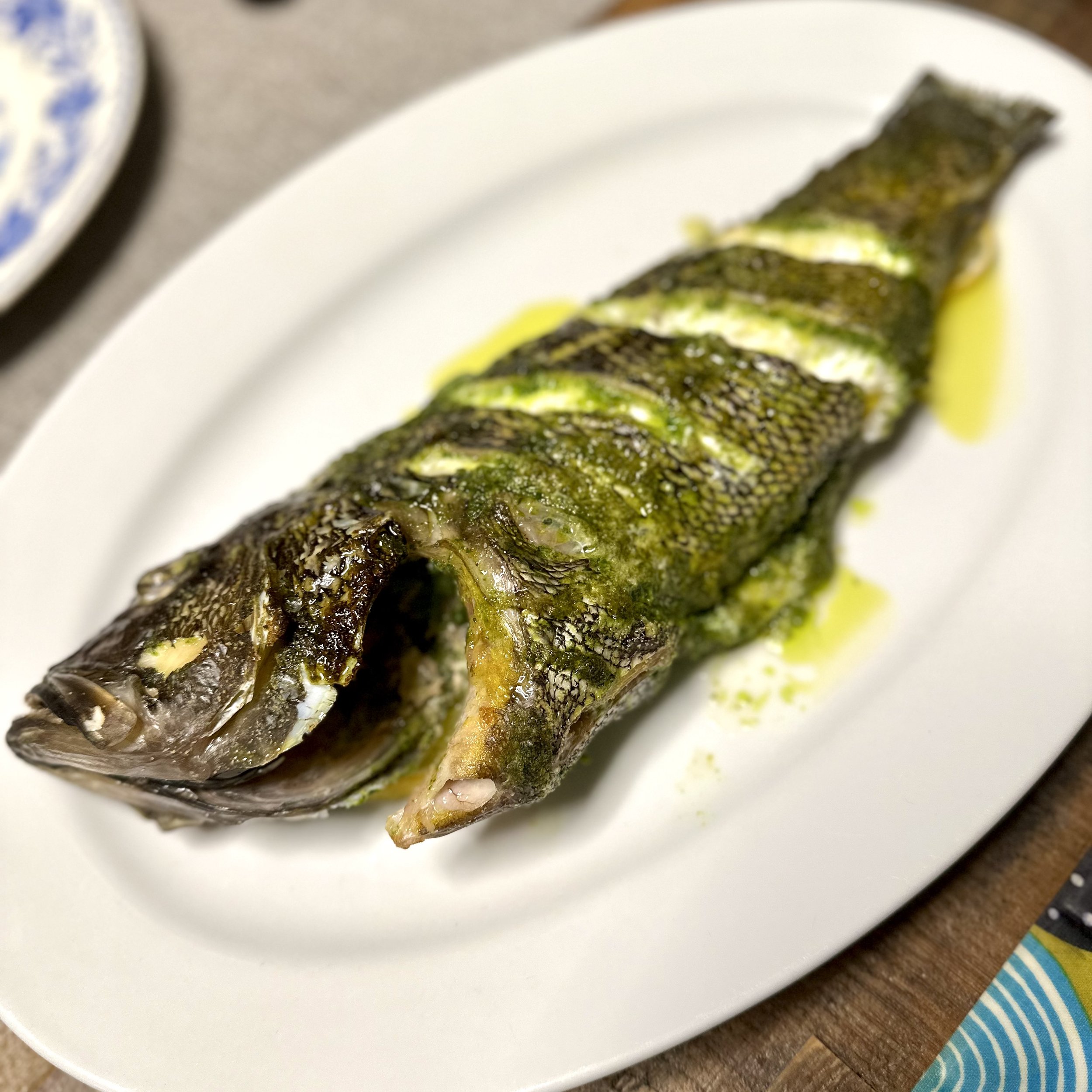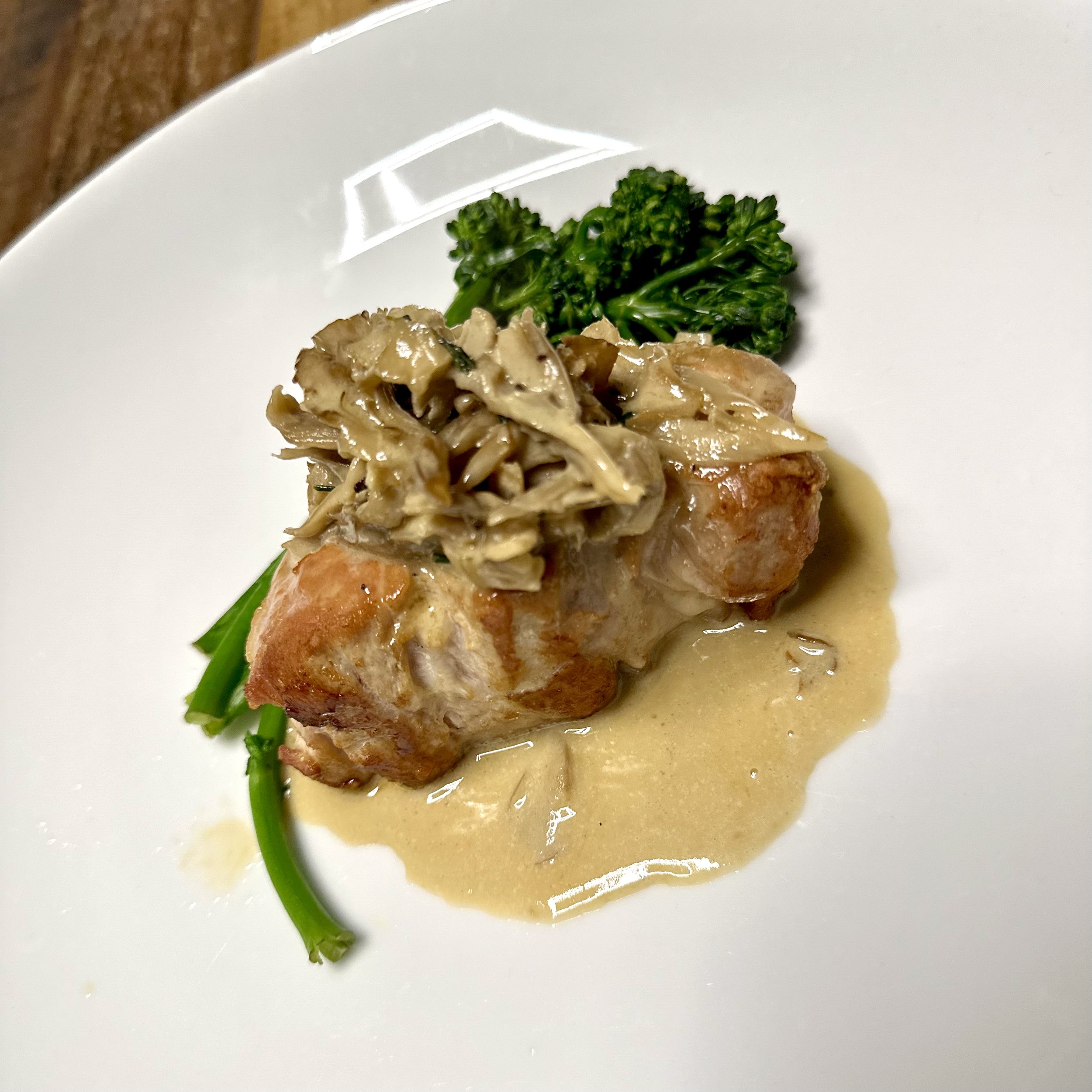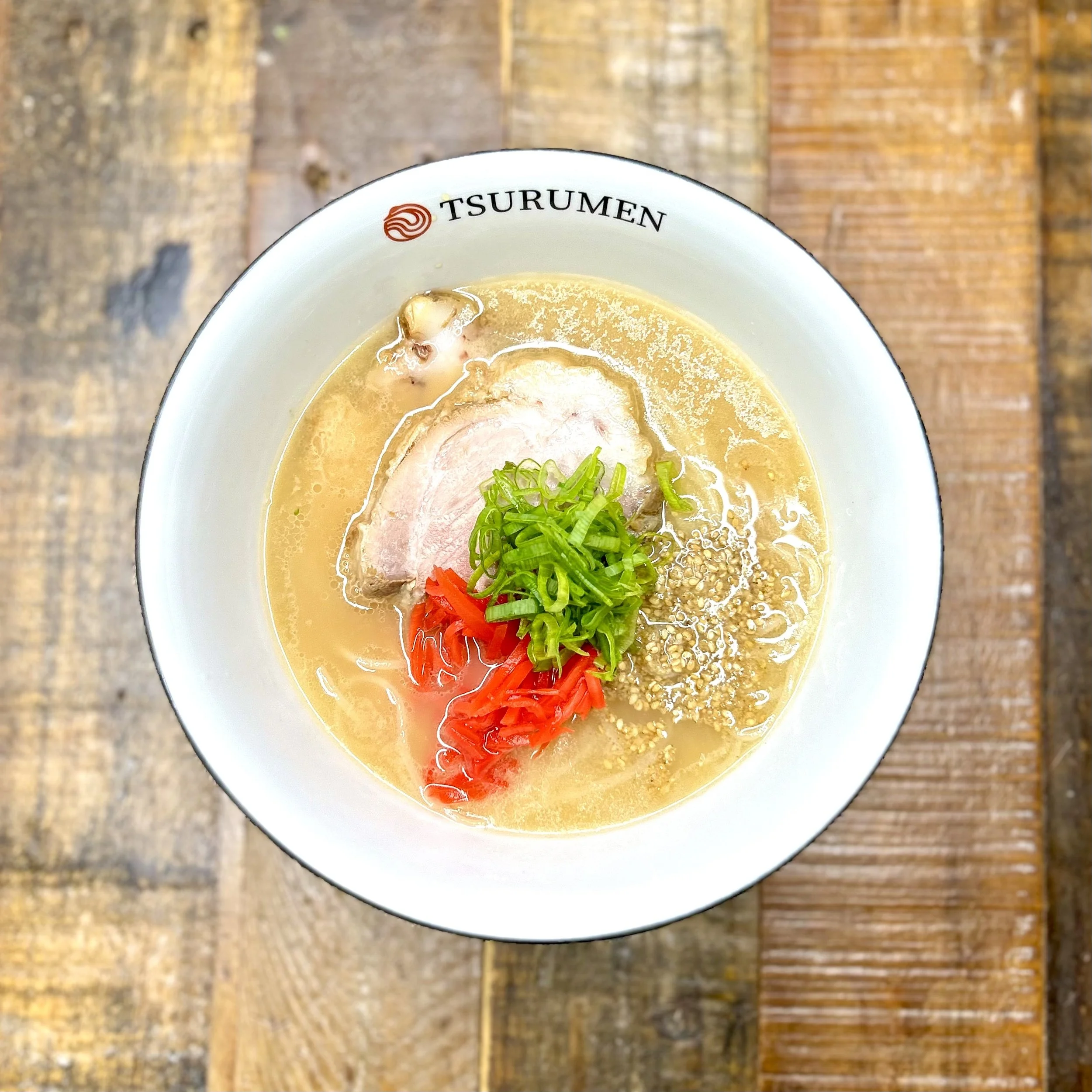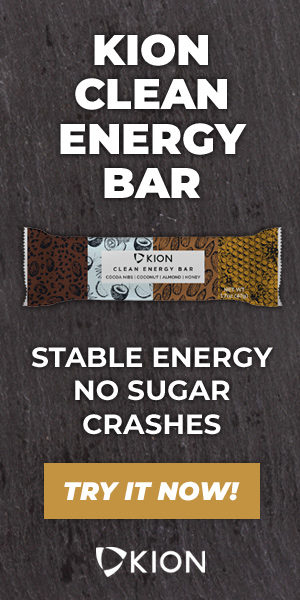Fermented Foods
The consumption of fermented, probiotic foods has many benefits. The microflora that lives in fermented foods creates a protective lining in the intestines and shields it against pathogenic factors. Fermented foods lead to an increase of antibodies and a stronger immune system; plus, they regulate the appetite and reduce sugar and refined carb cravings. The fact is, most of that stuff is heat-processed and pasteurized, and if you really want the full gut benefits of good bacteria, you should try to make some of your own probiotics at home.
Here is what I have!
1. Kombucha
Kombucha is a fizzy, sweet-and-sour drink made with tea. Many people say it helps relieve or prevent a variety of health problems, everything from hair loss to cancer and AIDS. There’s little scientific evidence to back up the claims, but some elements of the drink may be good for you. After being fermented, kombucha becomes carbonated and contains vinegar, B-vitamins, enzymes, probiotics and a high concentration of acid (acetic, gluconic and lactic). There are reasons to drink kombucha every day because it improves digestion, helps with weight loss, increases energy, detoxes the body, supports the immune system, reduces joint pain and prevents cancer.
2. Sauerkraut
Sauerkraut is finely cut cabbage that has been fermented by various lactic acid bacteria. It has a long shelf life and a distinctive sour flavor, both of which result from the lactic acid that forms when the bacteria ferment the sugars in the cabbage. Fermented foods have a long history in many cultures, with sauerkraut being one of the most well-known instances of traditional fermented moist cabbage side dishes. It’s high in dietary fiber, vitamin A, vitamin C, vitamin K and B vitamins. It’s also a great source of iron, copper, calcium, sodium, manganese and magnesium. Sauerkraut is incredibly nutritious and healthy, and it contains many nutrients important for optimal health. Eating sauerkraut may help strengthen your immune system, improve your digestion, reduce your risk of certain diseases and maybe even help you lose weight. I make purple sauerkraut!!
3. Kefir
Kefir is all the rage in the natural health community. It is high in nutrients and probiotics, and is incredibly beneficial for digestion and gut health. Many people consider it to be a healthier and more powerful version of yogurt. Kefir is a fermented drink, traditionally made using cow's milk or goat's milk. Kefir contains a wide variety of bioactive compounds, including organic acids and peptides that contribute to its health benefits. It also boosts immunity, heals irritable bowel disease, builds bone density, fights allergies, kills candida and improves digestion. I make my own kefir from Goat milk.
4. Natto
Natto is a traditional Japanese dish consisting of fermented soybeans and characterized by a slimy, sticky and stringy texture. It contains the extremely powerful probiotics, which have been proven to support the immune system and cardiovascular health. Natto is an excellent non-meat source of protein. The bacteria introduced during soy fermentation helps break down these proteins into constituent amino acids. This fermented soybeans enhance the digestion of vitamin K2. In addition to these Natto benefits, it contains a powerful anti-inflammatory enzyme called nattokinase that has been proven to fight cancer.
5. Pickles
Pickling is a form of fermentation. When vegetables and fruits are fermented, healthy bacteria help to break down the hard-to-digest cellulose in foods, as well as some of the natural sugar. Pickles contain a ton and vitamins and minerals, plus antioxidants and gut-friendly bacteria. The natural antioxidants found in fruits and vegetables help in the fight against free radicals. Free radicals are unstable chemicals that are formed naturally in the body, and can lead to cell damage and problems such as heart disease and cancer. While cooking any food may break down some of the heat sensitive nutrients, preserving vegetables through pickling preserves their antioxidant power.
-
2012
- Mar 18, 2012 Linguine alle Vongole Bianco
- Mar 19, 2012 Linguine alle Vongole Rosso
- Mar 28, 2012 Luxury Seafood with Tomato Cream Pasta
- Mar 28, 2012 Squid and Sea Urchin with Lemon Pasta
- May 9, 2012 Risotto di Vongole e Fungi
- May 15, 2012 Carbonara
- May 20, 2012 Spring Vegetable with Cream sauce Pasta
- Jun 4, 2012 Homemade Sangria
- Jun 6, 2012 Spaghetti alla Puttanesca
- Jun 16, 2012 Bolognese with Eggplant
- Jun 16, 2012 Ragu alla Bolognese
- Jul 19, 2012 Lobster Pasta with Tomato Cream Pasta
- Jul 26, 2012 Black ink Pasta with Shrimp and Scallop
- Sep 6, 2012 Shrimp and Eggplant with Spicy tomato
- Sep 7, 2012 Lemon Garlic Pasta with Chicken, Red and Green
- Sep 12, 2012 Pulpo a la Gallega
- Sep 22, 2012 Pate de Fois
- Nov 11, 2012 Pumpkin Carbonara
-
2013
- Mar 20, 2013 Fiber Madness Marinara Sauce
- Apr 1, 2013 Manitas de cerdo guisadas
- Jun 13, 2013 Chicken with Avocado Pesto
-
2014
- Feb 3, 2014 Choux farci au Saumon (Salmon stuffed Cabbage)
- May 8, 2014 Crystal Clear Ramen
- May 15, 2014 Beef achilles
- May 27, 2014 Summer Vegetables Curry
- Jun 9, 2014 Monkfish Risotto
- Jun 16, 2014 Caramelized Pork belly
- Aug 18, 2014 Duck is the best
- Sep 15, 2014 Duck Again!
- Oct 17, 2014 Atelierkitchen Zen
-
2015
- Mar 11, 2015 Fegatto di Vittello al burro all'aglio
- Mar 17, 2015 Atelierkitchen Zen 2
- Mar 31, 2015 Gluten Free Challenge
- Apr 7, 2015 Gluten Free Challenge 2
- May 7, 2015 Paella de Quinoa
- May 24, 2015 Osso Bucco lamb shank
- Nov 30, 2015 Filet de Canard à la grenade
-
2016
- Jan 14, 2016 Zucchini Pasta
- Jan 21, 2016 Galette for Cheat Meal
- Feb 9, 2016 Atelierkitchen Zen 3
- Feb 21, 2016 Ratatouille
- Feb 24, 2016 COTELETTES D'AGNEAU
- Mar 18, 2016 Detox Pasta
- Mar 27, 2016 Gluten Free Challenge 3
- Apr 14, 2016 Sauerkraut
- Apr 16, 2016 Potée
- Apr 21, 2016 Intermittent Fasting
- Apr 28, 2016 Spaghetti Squash
- May 6, 2016 Gluten Free Challenge 4
- May 22, 2016 Le Fromage de Tête
- Jul 1, 2016 Paleo Friendly Plate
- Jul 3, 2016 Meatless Meatball
- Jul 16, 2016 Opus One 2008
- Sep 20, 2016 Lapin Braisé à la Bière
- Oct 16, 2016 Gibier and Bordeaux
- Dec 9, 2016 Beaujolais nouveau & Venison
-
2017
- Jan 7, 2017 Venison Steak
- Jan 31, 2017 Braised lamb belly
- Apr 3, 2017 Miracle Noodles
- Apr 28, 2017 Keto Meal Ideas
- May 7, 2017 Kombucha Challenge
- Jul 16, 2017 Sourdough Bread
- Sep 2, 2017 Crépinette
- Nov 20, 2017 Fermented Foods
- Dec 25, 2017 Cassoulet
-
2018
- Jan 1, 2018 New year 2018
- Jan 31, 2018 Beef tongue
- May 5, 2018 Venison Medley
- Jun 18, 2018 Meatless Monday
- Oct 22, 2018 Short Rib or Vegan Bolognese
- Nov 23, 2018 Thanksgiving 2018
-
2019
- Jan 31, 2019 Faisan rôti
- Feb 14, 2019 Uni carbonara
- Mar 29, 2019 Probiotic Sour Soup
- May 12, 2019 Pichania
- Aug 4, 2019 Buffalo Spleen
- Nov 28, 2019 Thanksgiving 2019
- Dec 28, 2019 New England Favorite
-
2020
- Feb 14, 2020 Salted Cod on Carrot Purée
- Feb 15, 2020 Pasta Negra con Langostinos
- May 9, 2020 Tagliatelle con Gamberi e Melanzane
- Jun 16, 2020 Kitchari Cleanse
- Aug 16, 2020 Beef Tongue Stew
- Sep 20, 2020 Buffalo Testicles Stew
- Nov 26, 2020 Thanksgiving 2020
- Dec 24, 2020 Sauteed Duck breast with Foie Gras
- Dec 25, 2020 French Cassoulet 2020
-
2021
- Jan 1, 2021 Osechi 2021
- Jan 31, 2021 Slow Braised Wild Bore
- Feb 14, 2021 “Okuizome” (first meal) for Lumi
- Feb 26, 2021 Joi's Ginisang Pechay with Ground Pork and Shrimp
- Mar 3, 2021 Chicken with Mustard Butter Sauce
- Mar 6, 2021 Lamb Ribs with Blackcurrant sauce
- Apr 17, 2021 Pasta & Salad
- Apr 25, 2021 Rice malt marinated NY strip steak
- May 7, 2021 Pan Seared Pork Chops
- Jun 26, 2021 OMAD
- Jul 4, 2021 Epic Surf & Turf
- Jul 18, 2021 Bison Bolognese
- Jul 25, 2021 Bison Bulgogi
- Sep 12, 2021 Summer Salad
- Sep 18, 2021 Pigeonneau (squab)
- Nov 25, 2021 Thanksgiving 2021
- Dec 24, 2021 Duck breast Balsamic vinegar glaze
- Dec 25, 2021 French Cassoulet 2021
-
2022
- Jan 1, 2022 Osechi 2022
- Jan 31, 2022 Capon Covered with Caul Fat
- Aug 12, 2022 Steak with foie gras
- Aug 14, 2022 Mussels Italian Style
- Aug 21, 2022 Pescatore Boston
- Nov 6, 2022 Meal Prep for my Family
- Nov 19, 2022 Buffalo Testicle
- Nov 24, 2022 Thanksgiving 2022
- Dec 24, 2022 Duck breast marmalade
- Dec 25, 2022 French Cassoulet 2022
-
2023
- Jan 1, 2023 Osechi 2023
- Jan 7, 2023 “Okuizome” (first meal) for Lui
- Jan 8, 2023 Lobster and Salmon Roe Pasta
- Jan 31, 2023 Wild Boar with Wagyu Ragù
- Feb 14, 2023 Chicken Confit
- May 14, 2023 Biceps Rissoto
- Jun 17, 2023 Ribeye Steak at a campsite
- Jul 4, 2023 Black Ink Paella
- Sep 24, 2023 Roast Beef Bowl
- Nov 29, 2023 Thanksgiving 2023
- Dec 24, 2023 Christmas Eve Duck Breast
- Dec 25, 2023 French Cassoulet 2023
-
2024
- Jan 1, 2024 Osechi 2024
- Jan 31, 2024 Grilled Artichoke Salad with a sprinkle of reindeer bone broth
- Feb 22, 2024 Vegan Gluten-Free Ramen
- Apr 25, 2024 Classic Gluten-free chicken shoyu ramen
- May 4, 2024 Beef Tongue Stew
- Jun 16, 2024 The Boston Paella
- Jun 20, 2024 Chashu Pork & Chicken Oil: The Secret to Restaurant-Quality GF Ramen at Home
- Jul 14, 2024 Miso Tanmen
- Aug 14, 2024 New England Shio Ramen
- Sep 6, 2024 Chicken Paitan Ramen Yeah K style
- Sep 27, 2024 Tsukemen: The Dipping Noodle
- Oct 6, 2024 Pork Chop with New England Apple Sauce
- Nov 2, 2024 Tonkotsu Ramen
- Nov 28, 2024 Thanksgiving 2024
- Dec 25, 2024 French Cassoulet 2024
-
2025
- Jan 1, 2025 Osechi 2025
- Jan 31, 2025 Veal with Maitake Cream Sauce
- Feb 14, 2025 Baked Pesto Black Sea Bass
- Nov 2, 2025 thanksgiving 2025















